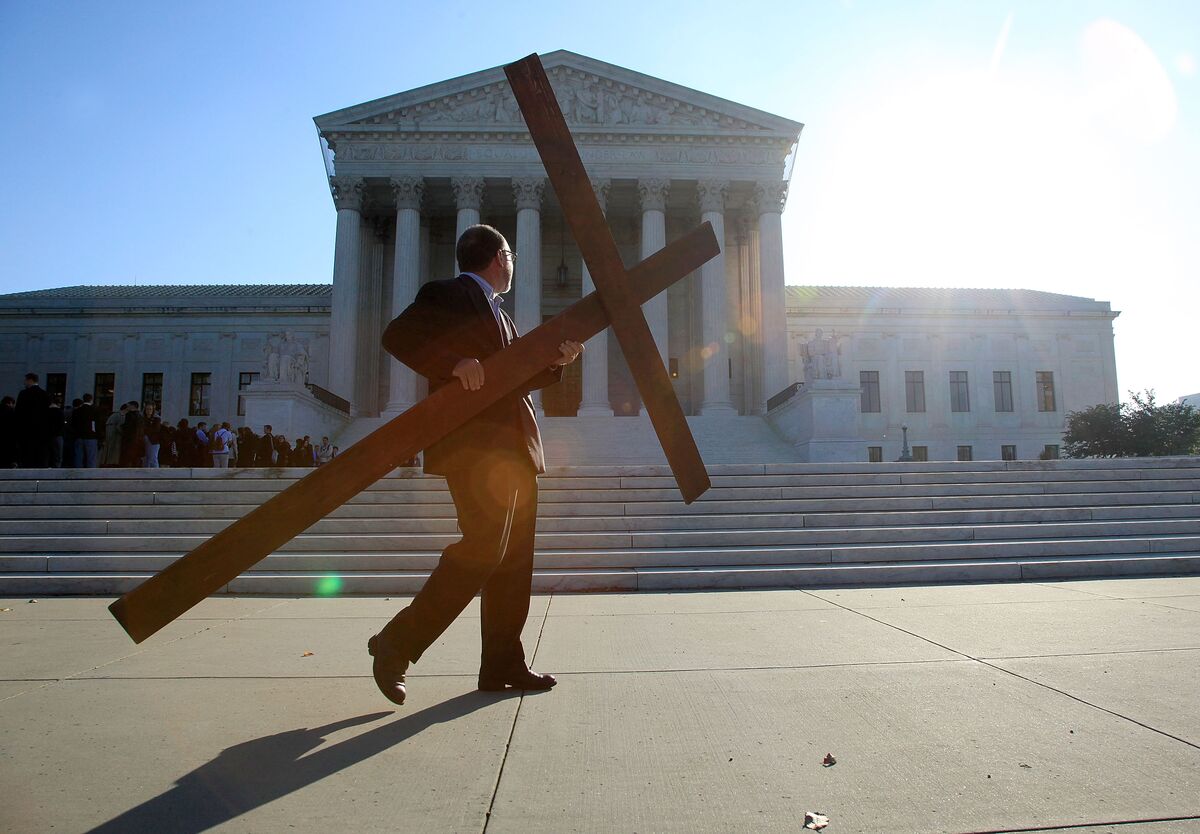Classroom Clash: Supreme Court Weighs LGBTQ Literature Against Religious Freedom Claims

In a pivotal legal showdown, the US Supreme Court is set to examine a controversial constitutional question: Can public elementary schools use LGBTQ-themed books without providing parents a mechanism to opt their children out? This landmark case represents one of three critical challenges this term that will probe the delicate boundaries between religious freedom and governmental educational policies.
The upcoming hearing promises to spark intense debate about parental rights, educational curriculum, and the constitutional protections surrounding diverse representation in school materials. At its core, the case challenges the fundamental balance between inclusive educational practices and individual family values, potentially setting a significant precedent for how schools approach sensitive cultural and social topics.
As the Supreme Court prepares to deliberate, educators, parents, and civil rights advocates are watching closely, understanding that the court's decision could have far-reaching implications for public school curricula and the broader conversation about diversity and inclusion in educational settings.
